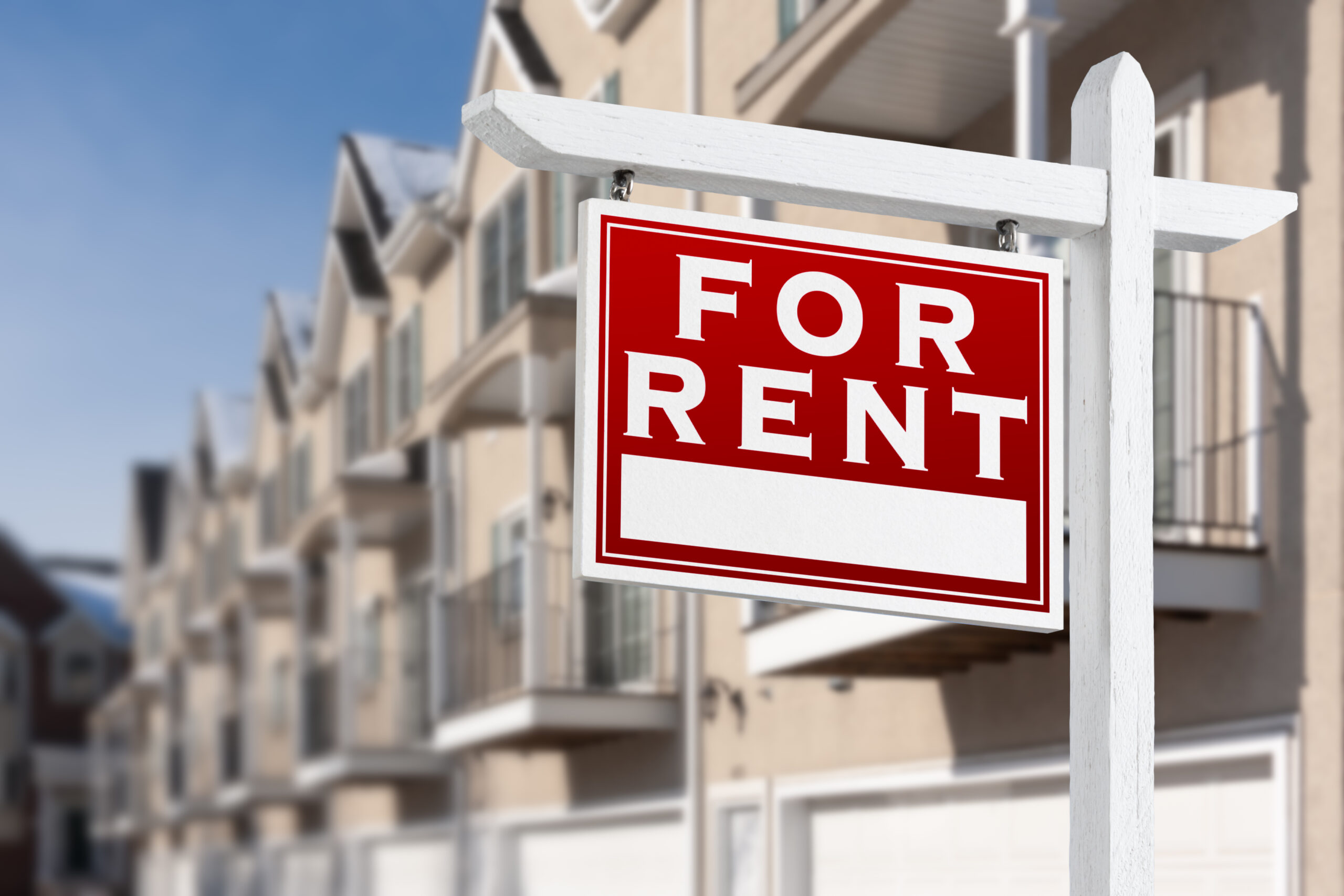Managing rental properties in New York City is a complex task. Property managers must efficiently handle rent collection, lease enforcement, and compliance with local laws, all while ensuring the satisfaction of tenants and property owners. In this article, we’ll explore how property managers in NYC handle rent collection and enforce lease agreements, balancing efficiency with adherence to stringent legal requirements.
Rent Collection: A Core Responsibility
Efficient rent collection is critical to the success of any property management operation. In NYC, property managers use a combination of technology, clear communication, and firm policies to streamline the rent collection process.
Establishing Clear Payment Terms
From the outset, property managers ensure tenants understand the terms of their lease agreements, including due dates, acceptable payment methods, and late fees. Most NYC leases stipulate that rent is due on the first of the month, with a typical grace period of five days before late fees apply.
Providing Multiple Payment Options
To accommodate diverse tenant needs, property managers often offer various payment methods, including:
- Online Portals: Secure platforms allow tenants to pay via credit card, debit card, or electronic bank transfer.
- Checks or Money Orders: For tenants who prefer traditional methods, these remain an option.
- Automatic Payments: Setting up recurring payments ensures timely rent collection and reduces the risk of late payments.
Sending Payment Reminders
Many property managers use automated systems to send reminders before and after the rent due date. These reminders can be via email, text messages, or app notifications, ensuring tenants stay informed.
Handling Late Payments
If rent is late, property managers must follow a structured process. They typically send a formal late notice after the grace period ends, outlining the overdue amount, late fees, and consequences of non-payment. Persistent non-payment may lead to further action, such as initiating the eviction process, though this is always a last resort.
Lease Enforcement: Ensuring Compliance
Enforcing lease terms is another vital responsibility of NYC property managers. This involves addressing tenant behavior that violates lease agreements, such as unauthorized subletting, property damage, or excessive noise.
Regular Property Inspections
To ensure tenants are complying with lease terms, property managers conduct periodic inspections. These inspections must comply with NYC’s tenant privacy laws, requiring advance notice (usually 24-48 hours) except in emergencies.
Addressing Lease Violations
When a lease violation occurs, property managers typically follow these steps:
- Documenting the Violation: Managers gather evidence, such as photos or written complaints from other tenants, to support their case.
- Issuing a Warning: A written warning is often the first step, allowing the tenant to correct the issue.
- Sending a Notice to Cure: If the problem persists, the tenant may receive a legal notice to cure the violation within a specified timeframe, as required under NYC law.
- Taking Legal Action: For unresolved issues, property managers may begin the eviction process by serving a Notice of Termination. However, this step must comply with New York’s Housing Stability and Tenant Protection Act of 2019, which imposes strict guidelines on evictions.
Navigating NYC’s Legal Landscape
NYC’s housing laws are among the most tenant-friendly in the country, and property managers must operate within these regulations. Key laws affecting rent collection and lease enforcement include:
- Housing Stability and Tenant Protection Act of 2019: This law limits late fees, mandates longer notice periods for evictions, and restricts security deposit deductions.
- Rent Stabilization Laws: For rent-stabilized units, property managers must adhere to regulations on allowable rent increases and lease renewals.
- Anti-Discrimination Laws: Property managers must ensure their practices comply with the NYC Human Rights Law, which prohibits discrimination based on factors like race, gender, and income source (e.g., Section 8 vouchers).
The Role of Technology
Technology plays a significant role in modern property management. From online rent collection platforms to digital lease enforcement tools, technology helps property managers stay organized and efficient. For instance, automated workflows can track lease violations, send notices, and even generate legal documents, saving time and reducing errors.
Striking a Balance
Effective property managers in NYC strike a delicate balance between enforcing rules and fostering positive tenant relationships. Clear communication, consistent enforcement, and a willingness to work with tenants facing genuine hardships are key to long-term success.
Whether it’s collecting rent or addressing lease violations, property managers must navigate a complex web of tenant expectations, legal requirements, and operational challenges. First Class Management can streamline all of the above for you, ensuring the smooth operation of your rental properties while maintaining fairness and compliance. Give us a call today to see how we can help you!

